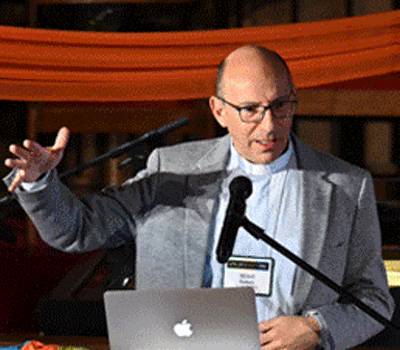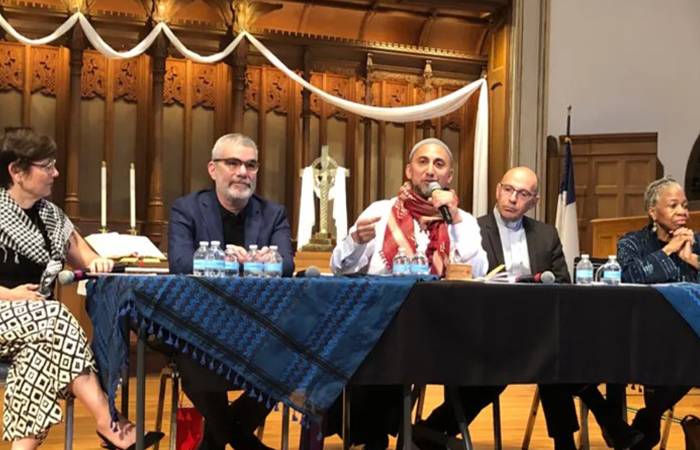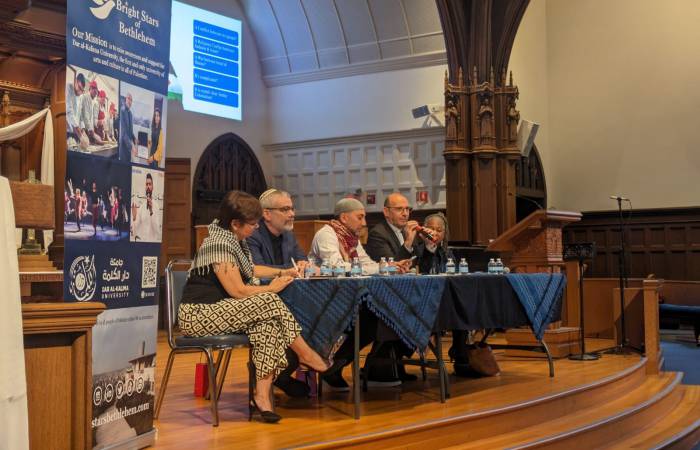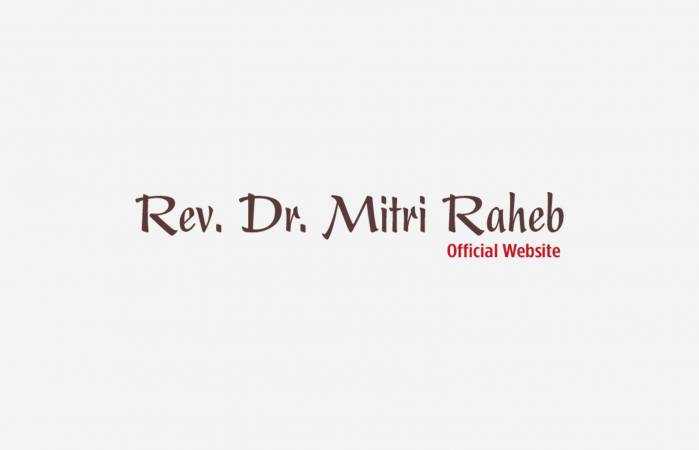Introduction to Symposium on The Politics of Persecution
During the twentieth century and now into the twenty first, White Christian evangelicals have claimed that their standing in the US socio-political landscape is under attack. Even though they have enjoyed political and religious dominance in the US, they believe that they are now the persecuted, and that their persecutors—Blacks, Latina/os, LGBTQI+ persons, and other minorities—are plotting their demise. The perception of Christian persecution is not a new one, as Mitri Raheb demonstrates in his most recent book, The Politics of Persecution: Middle Eastern Christians in an Age of Empire, nor is it monolithic. In this monograph Raheb traces the particular histories of Christians in the MENA (Middle East and North African) region who have long served as pawns in the political machinations of empires, including those of White evangelicals in the US. The latter, while more than willing to claim the mantle of persecution for themselves, are far less likely to extend such claims to Palestinian Christians. Who is able to claim the mantle of being persecuted in the Middle East, as Raheb shows, more often has had to do with what suits the interests of European and US powers, rather than the realities of those who live in the region. In the current moment, we find expressions of sympathy (or lack thereof of) for the plight of Middle Eastern Christians still enmeshed in the operations of empire.
.jpg)



